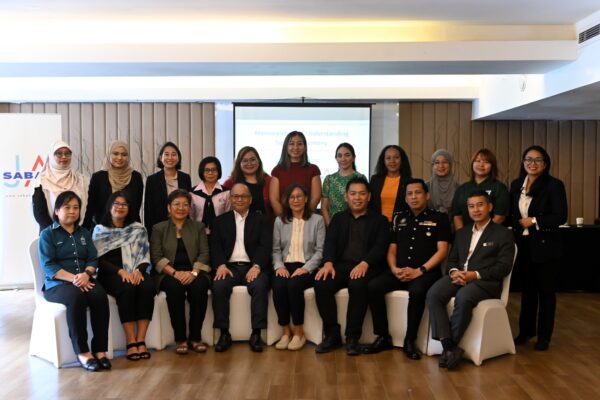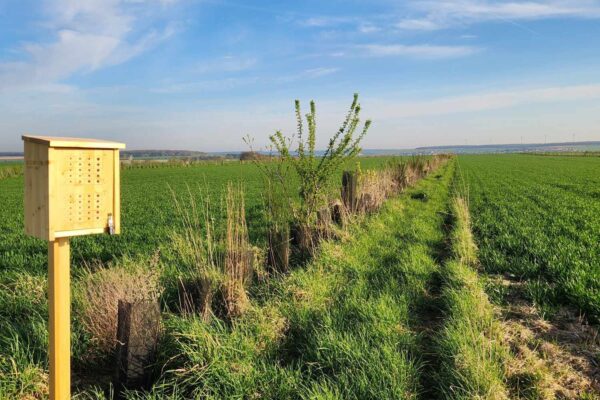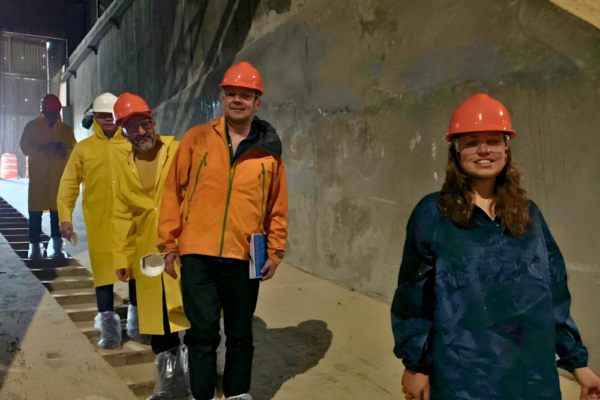4-minute read
Earthworm Foundation and Nestlé’s work with acacia farmers in southern Vietnam is transitioning to a broader scope and other areas of the country.
“After 5 years of engagement we are now passing on the baton to local actors in Son My and other communities to continue to support farmers,” said Dang Linh Huong, Country Representative for Earthworm in Vietnam, who was speaking during the closing ceremony held 20 December 2022 in La Gi, Bình Thuận, Vietnam.
About 35 people attended the ceremony; ranging from Nestlé Vietnam, Cat Phu Vung Tau Chip Mill and district government to farmers, farmer trainers and community leaders.
“Over the last decade, Nestlé has been identifying where and how the fibre in its packaging products are produced; to make sure that they meet the company’s Responsible Sourcing Standard,” said Michèle Zollinger, Global Lead for Sustainable Sourcing for Pulp and Paper and Climate at Nestlé. “As we are committed to a deforestation-free pulp and paper supply chain and Vietnam is a priority sourcing region for our packaging, we will continue this work with other suppliers and leverage Starling satellite monitoring as well as other tools to track our progress and plan interventions.”
Since 2017, the Earthworm field team has been working with acacia farmers in Nestlé’s pulp and paper supply chain in southern Vietnam. The aim was to build farmers capacity in the Vietnamese woodchip supply chain, who supply raw materials necessary for Nestlé's packaging needs.
“From our initial analysis of the data collected in the field, the main challenge identified in this region was that modern production techniques were not easily accessible to farmers,” Huong said.
Since farmers here mostly learn from each other, recurrent mistakes occur, which reduce their yield, she said. Practices like repeated ploughing and burning also deplete soil fertility and carbon.
“This is why we first connected farmers to experts, so as to improve farming techniques, diversify farmers’ income, and improve farming and environmental practices,” she said. “We wanted to strengthen their position in the supply chain and their ability to adapt to market changes.”
To date, the field team and local experts trained 1,386 farmers on farm and fire management, pruning, conservation and income diversification, which lead to 55 farmers planting 455,000 high quality acacia seedlings – all in the aim of improving their yield while stewarding the local ecosystem.
In addition, a tree planting project – funded by One Tree Planted – has helped 301 farmers plant 33,300 trees on the IUCN’s (International Union for Conservation of Nature) threatened species list, as well as more than 277,000 shrubs and grasses. These were planted in 36.7 hectares of land belonging to farmers in three communes – Son My, Tan Minh and Tan Thang
Another key aim of this project was to prevent soil erosion in riparian zones – areas bordering rivers and streams, Huong said, maintaining fertility as well as improving water quality.
One of the tree species planted was bamboo, which about 100 farmers have planted to increase and diversify their income as an additional food source.
“We will continue to help farmers order quality acacia seeds and other planting materials, as and when we can. We are also happy to see the farmers taking efforts to establish their own nurseries – to get quality seeds and improve their timber yield,” Huong said. “Our sights will now be set on establishing our landscape and other work, so that we can reach more farmers in other parts of the country.


